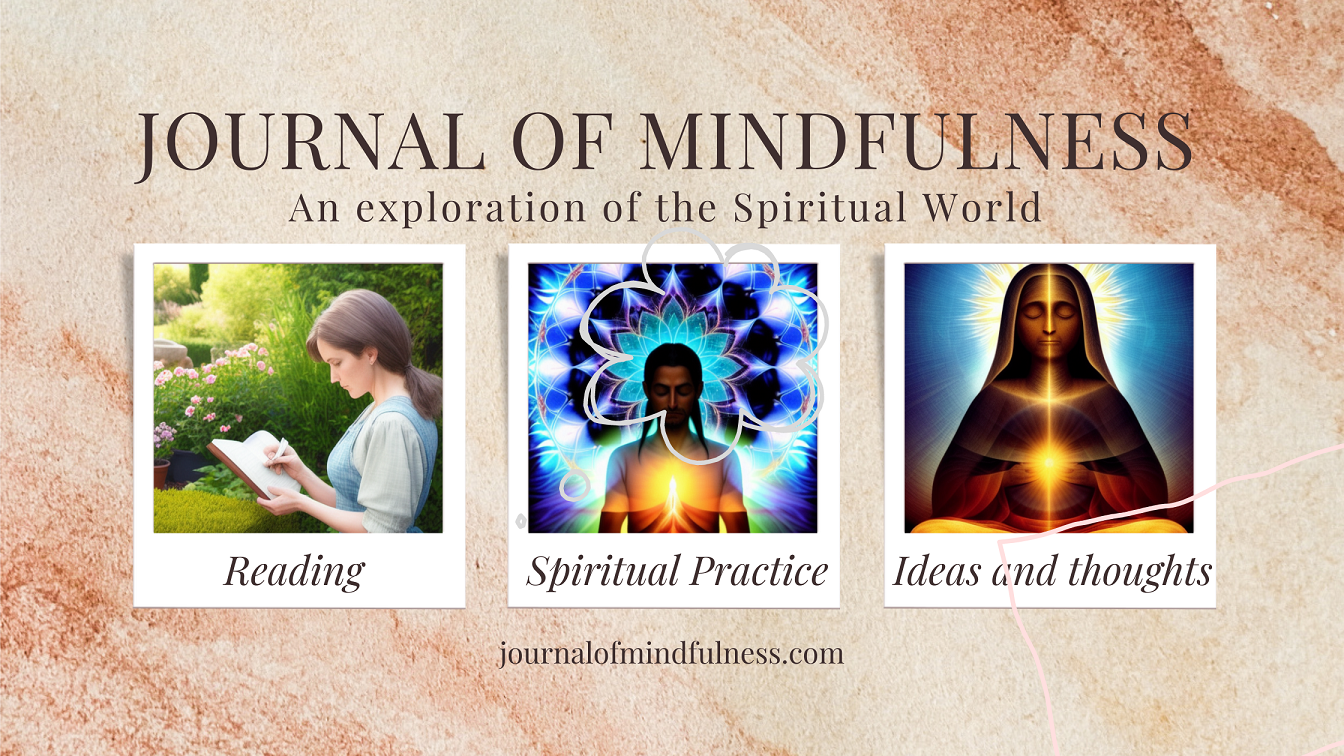The Power of Forgiveness in Relationships
Exploring the transformative power of forgiveness in healing and nurturing relationships here are some anecdotes or stories from spiritual traditions that highlight the significance of forgiveness as a tool for releasing resentment, fostering compassion, and promoting deep connection.
Within the intricate tapestry of relationships, forgiveness emerges as a potent elixir, capable of transforming wounds into wisdom, resentment into compassion, and discord into harmony. It is a profound act of liberation that holds the power to heal and nurture our connections with others, opening the gateway to deeper understanding and authentic love.
In the realm of personal anecdotes, consider the story of Emma and David. They were once deeply in love, but their relationship was marred by betrayal and broken trust. The weight of resentment and pain consumed them, leading to a cycle of blame and emotional distance. However, in a moment of awakening, Emma recognized that harboring anger and holding onto past transgressions only perpetuated their suffering.
With a courageous heart, Emma chose the path of forgiveness. She released the heavy burden of resentment, not only for David’s sake but for her own liberation. In doing so, she embraced compassion and understanding, recognizing that everyone has the capacity to make mistakes. As she forgave David, their relationship began to heal. Through open communication and renewed trust, they rebuilt their connection on a foundation of empathy, grace, and gratitude.
Stories from spiritual traditions also underscore the significance of forgiveness in relationships. In the teachings of Buddhism, forgiveness is regarded as an essential practice for inner peace and harmonious connections. The story of Angulimala, a notorious bandit turned disciple of Buddha, exemplifies the transformative power of forgiveness. Angulimala’s past actions were heinous, causing immense suffering. Yet, through the compassion and forgiveness of the Buddha, Angulimala experienced a profound spiritual awakening, recognizing the interconnectedness of all beings. His transformation highlights the potential for redemption and healing that forgiveness can bring.
Similarly, in the Christian tradition, the story of the prodigal son exemplifies the transformative nature of forgiveness. The father’s unconditional forgiveness and embrace of his wayward son, despite his transgressions, illustrates the power of forgiveness to bridge divides, heal wounds, and restore relationships. It embodies the essence of divine love, teaching us that forgiveness can pave the way for reconciliation, growth, and the deepening of bonds.
Forgiveness is not a single act but an ongoing practice. It involves acknowledging our own pain, cultivating empathy, and letting go of the desire for revenge or punishment. It does not condone hurtful actions but rather liberates us from the grip of resentment, allowing us to move forward with compassion and a renewed sense of peace.
In nurturing relationships, forgiveness allows us to see beyond the surface-level mistakes and flaws of others. It opens our hearts to the possibility of growth and transformation, recognizing that we are all fallible beings on a shared journey. By extending forgiveness to ourselves and others, we create a space for vulnerability, healing, and the deepening of our connections.
The transformative power of forgiveness is a reminder that our capacity to forgive is rooted in our own spiritual growth and understanding. It is a gift we offer ourselves and others, unlocking the potential for profound healing, compassion, and authentic love. As we embrace forgiveness in our relationships, we cultivate fertile ground for harmony, growth, and the awakening of the true essence of our interconnected souls.



